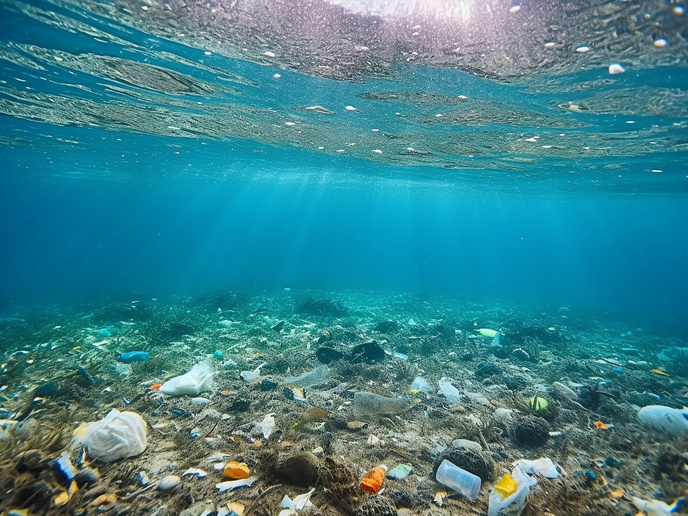Safety first. Renewable fuels are clean but still, fuels.
The overall objective of this research project was to investigate the properties of various conventional and renewable fuels in order to collect data regarding their safety characteristics. Such data on the ways fuels react during storage, handling and feeding are very important for conventional power plants but also for the development of new energy production technologies, like pressurised IGCC and PFBC power production systems. A two-year study (1996-1997), by VTT-Finland, LOM-Spain, INERIS-France, TNO-Holland and DMT-Germany on the spontaneous ignition behaviour and the volatility of twelve selected fuel samples produced data for four woody, four herbaceous biomasses, two low-grade lignites and two biomass/lignite mixtures. The fuels went through various tests, designed to simulate conditions similar to those experienced during their service life. From these tests, several properties of the selected fuels were determined with respect to their behaviour on hot surfaces and as dust clouds. Further tests were conducted on dust explosion at conditions simulating pressurised drying and handling of the biomass fuels, inert gas tests to determine the requirements of non-explosive conditions, together with suppression tests in elevated conditions. In addition to the above, the project has produced useful data in the refinement of methods and procedures for the determination of self-ignition properties and dust explosion indices. INERIS has commissioned and built a new pressurised facility for self-ignition testing. This facility is useful for boiler manufacturers and manufacturers of fuel handling systems and safety equipment, as well as energy consultants, utility companies, and authorities involved in safety regulation, legislation and test method standardisation.







